With Chancellor Rachel Reeves clearly intent on running a “steady as she goes” approach to the economy that won’t “rock the boat” with industry, somebody had better tell her not to read the latest report by Wrap on the industry’s war on plastic.
The update, from the world-first UK Plastics Pact, provides more sobering evidence of how the battle against single-use plastic will be lost unless the industry, consumers and ministers take bold action.
If anyone was in doubt about the scale of the challenge, the recommendation in Wrap’s new guidance on how the use of plastic refill and reuse technology needs to be embraced at scale makes clear the mountain – in this case a giant plastic mountain – that needs to be climbed. And it’s clear that none of the parties will make it to the top on their own.
The backdrop to this important report is sadly a series of disappointing failures by supermarkets and suppliers to reduce reliance on single-use plastic.
Earlier this month, The Grocer revealed Asda had scrapped its flagship store trials of refillable packaging technology. The trials had featured huge refill stations offering staples from the likes of PG Tips, Vimto, Kellogg’s, Radox and Persil, allowing customers to bring their own containers to fill up on items such as tea, coffee, rice, pasta and washing powder.
Scale of the supermarket refillable change is big
This was just the latest example with other retailers, including Morrisons and M&S, also canning trials of refill aisles, while even Tesco quietly wound up its trial with reusable packaging company Loop as far back as 2022.
Yet Wrap says that in order to ease the “devastating” impact of plastic pollution, rather than scaling back their efforts the industry needs to accelerate at frightening speed.
Its timeline says that by the end of next year, supermarkets must identify at least one entire key food category that could switch the entirety of its operations to refillable or reusable packaging.
The scale of that challenge is truly eye-watering if you consider that Asda’s four trial stores were making as little as £1,000 a week from the combined refill stations at its four locations, before it pulled the plug on the project.
Category managers won’t exactly be lining up to volunteer to go first on Wrap’s roadmap.
Yet it says that by 2035, 30% of all own-label product sales, by volume, should be delivered in either refillable or reusable packaging.
Single-use plastic ban impact
The news will not come as a complete surprise to supermarkets or suppliers as they were confronted with the stark choices facing the UK Plastics Pact at a behind-closed-doors summit earlier this month.
But there are also series of strong messages to Labour’s new ministers in the document.
Wrap says the government should re-engineer key environmental policies such as EPR, DRS, the plastic packaging tax, single-use plastic bans and VAT on reusable packaging, to make it economically more difficult to continue with the status quo.
As well as the industry deciding which category’s packaging is for the chop by next year, it says ministers must from 2025 onwards engage with industry on how reuse can be “obligated”.
Sadly for Reeves, this is as opposite as it gets to not rocking the boat. But it’s clear that unless drastic action is taken, the UK’s battle against plastic is going to be sunk.




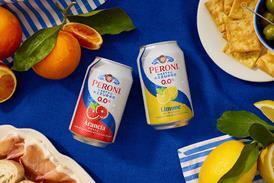



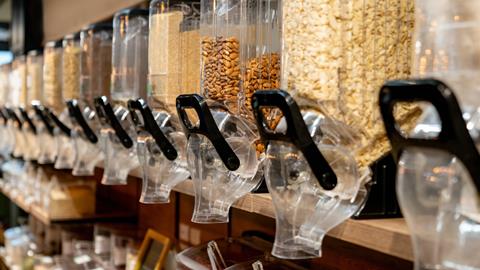



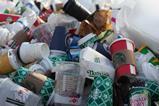



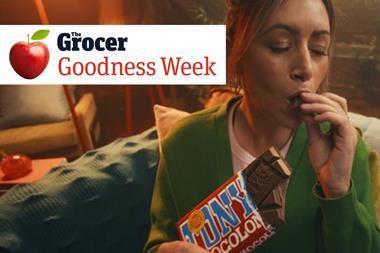




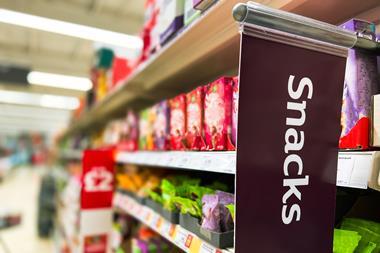

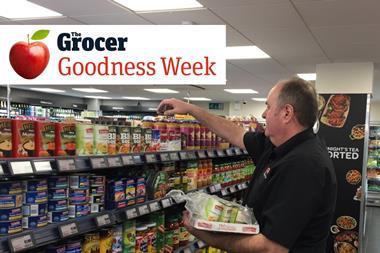

1 Readers' comment